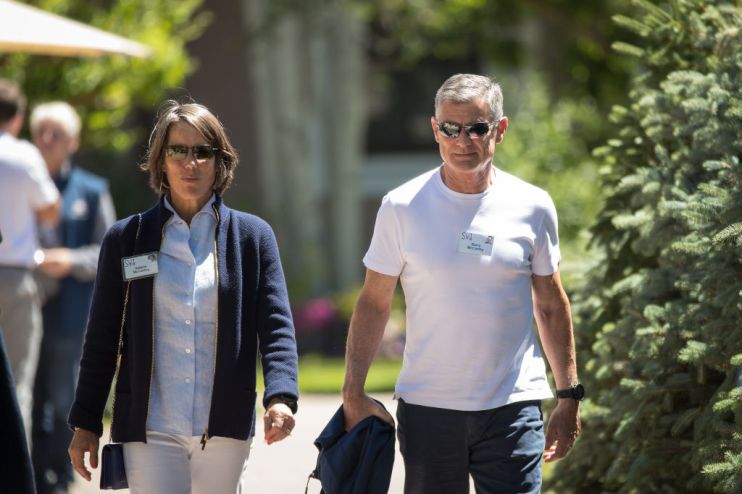Spotify finance boss behind streaming giant’s direct listing steps down

The Spotify finance director who masterminded the streaming giant’s unorthodox stock market float is stepping down from the company.
Chief financial officer Barry McCarthy will retire in January and will be replaced by Paul Vogel, who is currently the firm’s head of investor relations.
Read more: Spotify fails to hit the right note as subscriber numbers miss expectations
McCarthy joined the Swedish media company in 2016 and played a key role in orchestrating its direct listing, in which a company floats on the stock exchange without creating any new shares.
The process, which prevents existing shares from being diluted and avoids millions in underwriting fees, is gaining traction among tech startups following disappointing recent initial public offerings such as Uber and Lyft.
Messaging app Slack also opted for a direct listing, while Airbnb is said to be mulling the method for its upcoming float.
It came as Spotify beat expectations for both revenue and subscriber additions during the third quarter, pushing up shares almost two per cent in pre-market trading.
The music firm posted revenue of €1.7bn (£1.5bn) in the three months to the end of September, up 28 per cent year on year. Net profit hit €241m, compared to €43m at the same time last year.
Total monthly active users rose 30 per cent to 248m – ahead of the firm’s own guidance – while paid subscribers also jumped almost a third to 113m.
Nicholas Hyett, equity analyst at Hargreaves Lansdown, said the continued subscriber growth was “testament to the strength of Spotify’s product”.
“The fact that it’s delivering growth against an increasingly competitive backdrop is particularly impressive – especially when that competition is Amazon and Apple,” he said.
Spotify has made a string of podcast acquisitions this year as it looks to beef up its offering in the increasingly popular on-demand audio market.
The purchases helped boost the number of podcast hours streamed by 40 per cent, while podcasts have now been picked up by 14 per cent of Spotify’s paid subscribers.
However, podcasts still make up only a small part of the firm’s ad-supported business, and represent less than 10 per cent of total ad revenue.
Spotify has been facing tough competition from rival Apple Music, which earlier this year overtook the Swedish firm in terms of paid subscribers in the US. The two companies have also gone head-to-head over alleged unfair practices on the Silicon Valley firm’s app store.
Read more: Music streaming firm Roxi plans London float as it looks to take on Spotify
However, Spotify today said it felt “very good” about its competitive position in the market, stating that it was adding roughly twice as many subscribers per month as Apple.
Spotify reiterated its fourth-quarter revenue forecast of between €1.74bn and 1.94bn, and lifted its expectations for total monthly active users to between 255m and 270m.
Main image credit: Getty